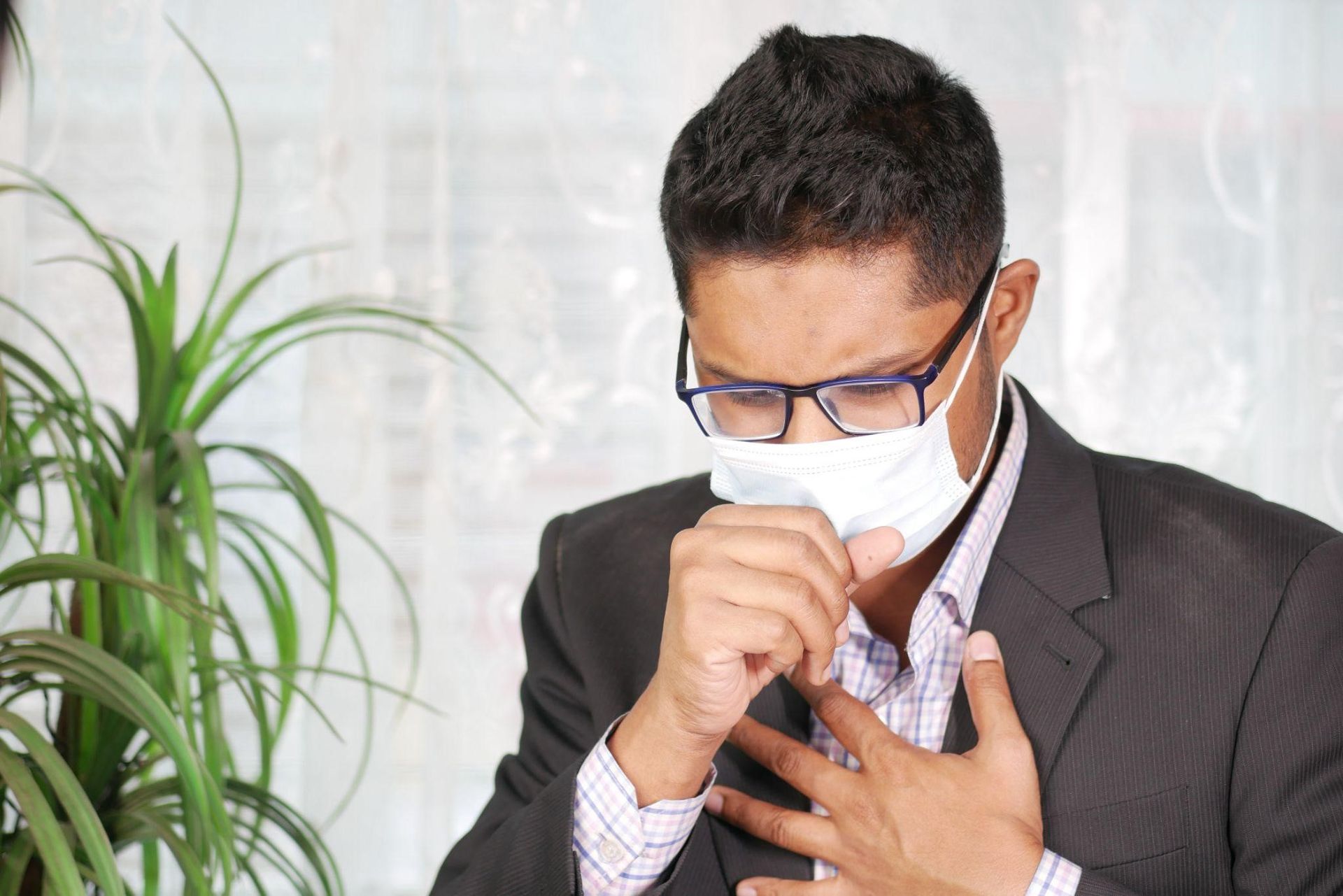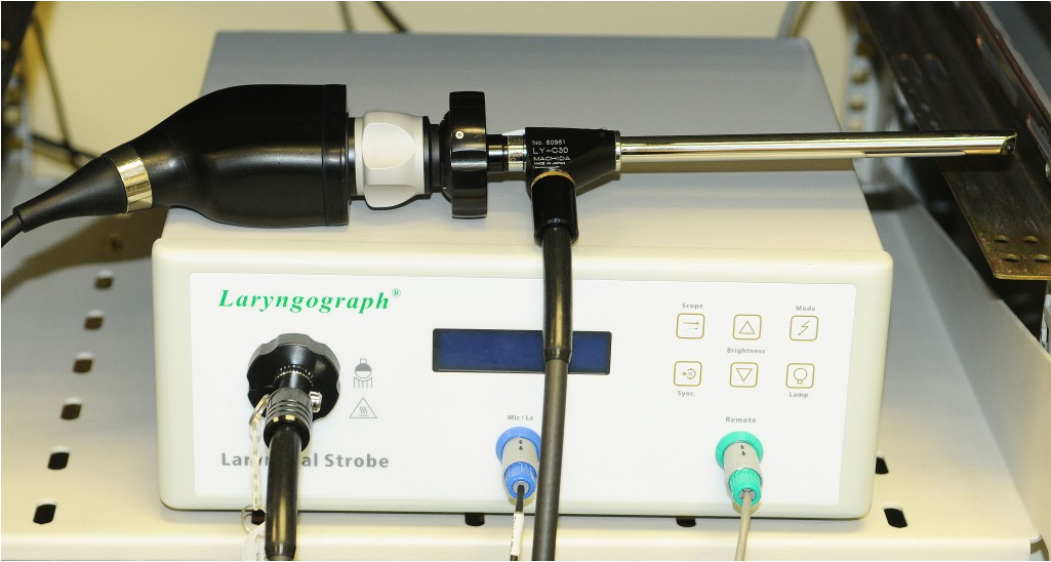What Causes Nodules on Your Vocal Cords?
Vocal nodules are rough, noncancerous growths on your vocal cords. They range in size from a pinhead to a pea. Vocal cord nodules, often known as singer's nodules or “nodes”, are brought on by excessive or improper use of the voice over time. These callous-like growths form in the midpoint of the vocal folds. Under a microscope, these nodules resemble calluses and can have aberrant blood vessels connected to them. Vocal cord nodules can affect both men and women. However, they are more common in women between 15 and 50.
What Causes Vocal Nodules?
The V-shaped tissue bands known as vocal folds or vocal cords run down the middle of your voice box. Your vocal cords vibrate when you speak or sing because the air from your lungs rushes through them.
They may become irritated if you misuse or overuse your voice. The inflamed patches gradually become harder until they resemble little calluses in texture. It'll keep getting bigger if you don't retrain your voice to stop the phonotraumatic behavior. These growths may hinder the normal vibration of your vocal cords. Your voice may be raspy. You may also have “frequent voice loss” that takes a long time to record.
The most common causes of nodules are:
● Long-term vocal abuse
● Allergies or irritants that prompt throat clearing and coughing
● Vocal trauma
Vocal nodules are most likely to affect people who talk or sing a lot, such as coaches, teachers, radio hosts, salespeople, cheerleaders, and preachers. If you find you also talk quite a lot or at loud volumes, you might also find yourself having to deal with vocal nodules.
Symptoms of Vocal Nodules
Nodules on the vocal cords can cause a patient's voice to sound harsh, raspy, or scratchy. There can be frequent voice breaks, a vocal strain that comes easily with use, or a smaller range of vocal tones. More rarely, one can experience pain with speaking due to the increased effort that it requires to talk. Additionally, a person with nodules may have a persistent cough, frequent throat clearing, or general exhaustion.
How Can You Prevent Vocal Cord Nodules?
If you have a problem with your vocal cords, you should:
● be sure to warm your voice before singing or giving a long speech.
● use a microphone whenever possible.
● stop active and passive smoking.
● drink enough water.
● get proper treatment for reflux, sinusitis, allergies, or hypothyroidism.
● limit your intake of coffee and alcohol.
● avoid talking too much or speaking too loudly without enough vocal rest.
● try yoga, cognitive therapy, or stress reduction techniques to relieve muscle tension.
How Are Nodules in the Vocal Cord Treated?
Nodules are typically treated conservatively with voice therapy and behavioral change, both under the direction of a speech-language pathologist and laryngologist. Techniques and approaches to improve vocal function and efficiency are usually provided in voice therapy.
Surgery may be necessary when voice therapy alone cannot address a patient's vocal demands. Contrary to nodules, polyps and cysts are best treated surgically because they frequently do not respond to voice therapy.
Dr. Elizabeth Burckardt is a fellowship trained laryngologist with expertise in the surgical and non-surgical management of voice, airway, and swallowing issues. She has a great deal of knowledge in assisting singers, voice teachers, and other professionals concerning voice care issues. Contact her for more information on how to effectively treat vocal cord nodules.










